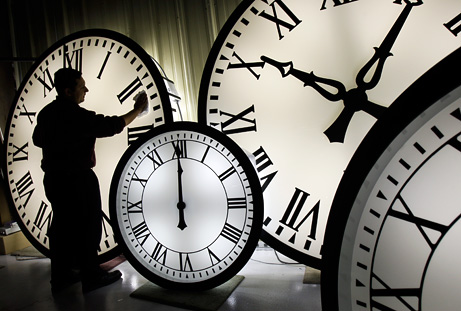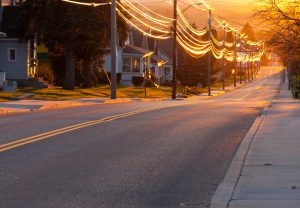The wintertime tradition of setting our clocks back before bed on Saturday is coming. Sunday, November 5 at 2 a.m., Daylight Saving Time (DST) will come to an end and we welcome Standard Time.
“Whether you like Standard Time or DST, the disruption seems to be what annoys people the most,” says Dustyn Shroff, Vice President of GreatFlorida Insurance, Florida’s largest independent homeowners insurance agency.
We “fall-back” and do not have Daylight Saving Time until Sunday, March 11, 2018. About a week before spring begins.
Energy Savings?
Daylight Saving Time was originally invented to reduce energy consumption. However, a 2008 U.S. Department of Energy study reported Daylight Saving Time reduces annual energy use by about 0.03 percent.
After Indiana adopted Daylight Saving Time in 2006, The National Bureau of Economic Research examined power usage statistics. They found that electricity consumption rose 1 percent overall, with a 2– 4 percent increase during the fall. The additional power usage cost Indiana power users $9 million a year and increased pollution.
Better for our Health?
Some health experts feel our bodies never adjust to DST. They believe the body’s internal clock, (circadian rhythm) follows the sun and adjusts naturally. Despite social changes, you cannot fool your biological clock.
Researchers at the Brookings Institute found public safety can benefit from Daylight Saving Time. When DST begins in the spring, theft drops for the day on an average of 7 percent. We experience a 27 percent reduction in robberies during the evening hour that added extra sunlight.
“Being able to walk out to your car from work while it is still light outside definitely makes you feel safer,” notes Buck with GreatFlorida Insurance, Florida’s leading independent car insurance agency.
Brookings Institute also reports, the DST time shift reduces our response time and cognition adding extra stress on our bodies. There is an increase in the number of traffic accidents, workplace injuries and heart attacks in the days following the time change as our internal clocks are thrown off. They feel most of these costs are due to the transition between Standard Time and Daylight Saving Time, not the sunset time itself. By moving to a year-round DST and permanently shifting that hour of daylight to evening, their research suggests we would be safer.





